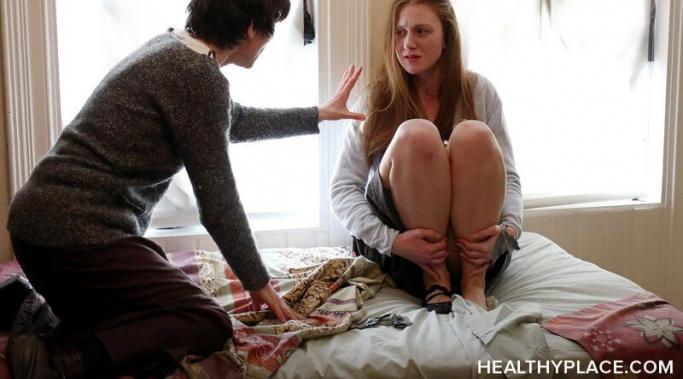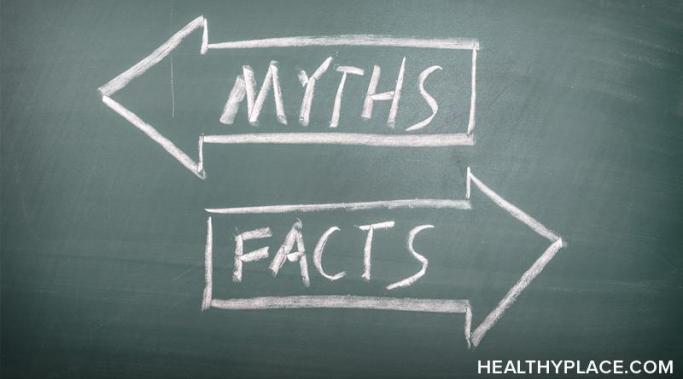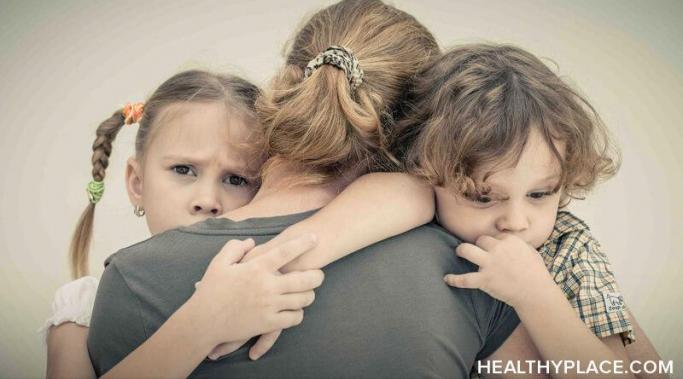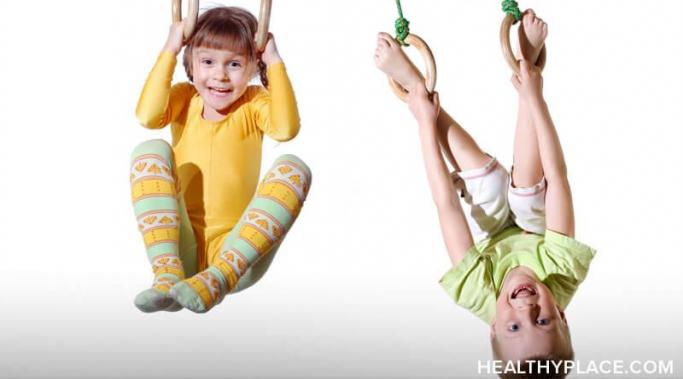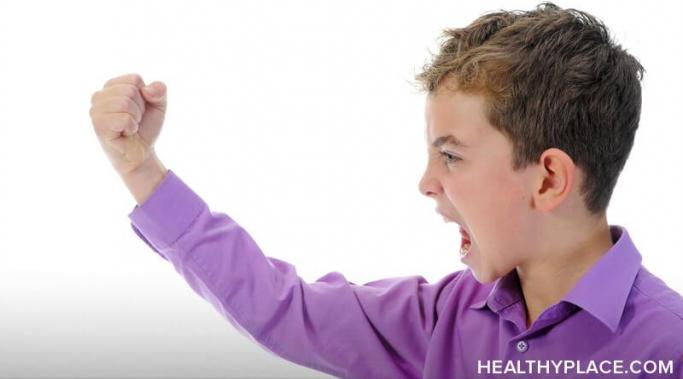My daughter and I have a mental health safety contract. She violated the conditions of the contract, and I had to call the police. Since my daughter and I have used mental health safety contracts since she was a teenager, we both understood the rules. By having a mental health safety contract, I took what could have been a volatile, extended fight with my adult child with bipolar disorder and turned it into a straightforward contractual arrangement. It made a difficult situation easier.
Life with Bob
Well-intentioned people often suggest that my child with mental illness isn’t actually mentally ill. They insist he has an underlying medical condition. Lately, it's pediatric autoimmune neuropsychiatric disorders associated with streptococcal infections (PANDAS). To those who interject these suggestions without invitation into a conversation about mental illness, know it can be more harmful than you think.
Note: I am not an "expert", nor am I writing this in a professional capacity. I am a parent on my own journey, which is where this blog comes from.
According to our emergency plan for mental health crises, I had to call the police. After melting down for an hour, my daughter with bipolar disorder had locked herself in the bathroom threatening to kill herself. Knowing the signs of suicide, my daughter and I (with the help of her therapist) had created a safety contract—she violated it by locking herself away from me—I had to call according to the emergency plan for mental health crises.
Siblings of a child with mental illness don't have it easy. Managing children is a balancing act. Throw in mental illness, and that balance disappears. Sadly, this doesn't usually favor the child without the mental illness. I have many fears for my younger daughter who often lives in the shadow of her brother's behavior disorder. I'm betting many parents like me have the same fears for the siblings of a child with mental illness.
Controversy surrounds a parent's decision to give psychiatric medication to their child with disruptive mood dysregulation disorder (DMDD)--or any other mental illness. Few question parents who medicate children with diabetes or other potentially life-threatening conditions. Yet they will absolutely question those of us whose children have potentially life-threatening mental illnesses. Parents don't take this decision lightly, though, and we know psychiatric medication for a child is not an easy fix.
There is a stigma against parents who raise a child with mental illness. I felt this stigma against parents myself as I sat in my first National Alliance on Mental Illness (NAMI) meeting, horror slowly crept up my body like a spider crawling across my skin. The organization provides education and support for both people suffering from mental illness and their families. I was attending a meeting for families but as I listened to one story after another, I was sure I didn't belong (Stigma of Being Branded Bad Parents). But this was the stigma against parents who raise a child with mental illness rearing its ugly head.
The parenting questions I've been wrestling with recently are how much independence to allow my son with mental illness and how do I foster independence for him. Should I be a "helicopter mom" or a "free-range parent"? Sadly, I don't have a pilot's license, and my children aren't livestock, so I have no idea. I can tell you, though, that the question of independence is an entirely different one for my daughter who doesn't have a mental illness than it is for my son who does (Siblings of Children with Mental Illness). How do I foster independence in my child with mental illness?
Hello, I’m Susan Traugh, one of the authors of Life with Bob about parenting children with mental illness at HealthyPlace. I live with a husband with bipolar disorder and have three children with mental illness: two with bipolar disorder and one with generalized anxiety disorder.
Disruptive mood dysregulation disorder (DMDD) outbursts erupt multiple times a week because a child with DMDD is persistently angry and irritable. DMDD outbursts are tantrums that are way out of proportion to the situation. As parents, they are tough to watch, but preventing them seems impossible. Keeping everyone in the family safe is a priority, and when it's all over, DMDD outbursts leave your family emotionally exhausted.
While mental health screenings in school may take place, they need to be more inclusive. Although autism spectrum disorder (ASD) and childhood mental illnesses like attention deficit/hyperactivity disorder (ADHD) can look similar on the outside, the way they're treated in schools looks different. From the perspective of a parent of a child with mental illness, they seem like unfairly disparate worlds. It makes me think of the need for inclusivity in school mental health screenings.
